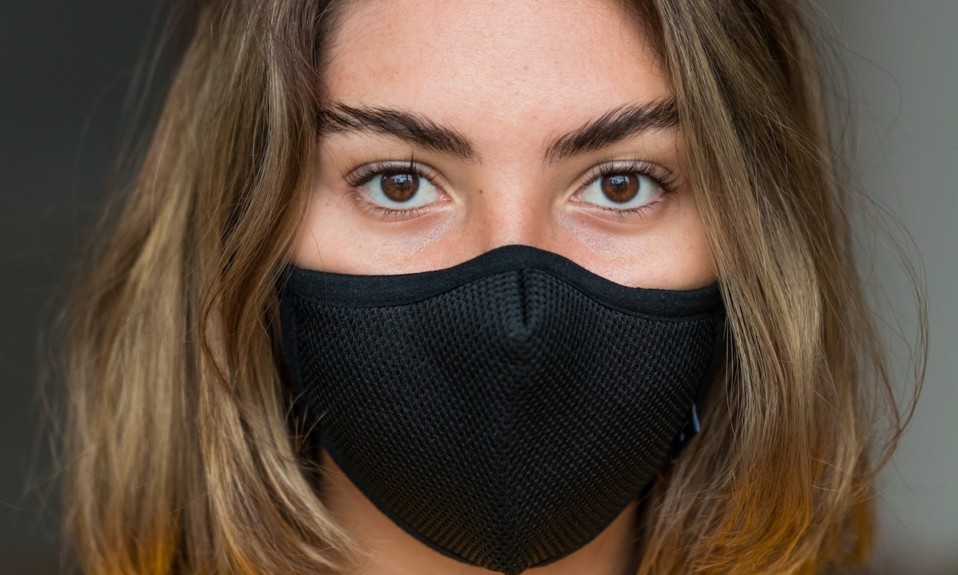A Nature study centered on painkiller prescriptions for long-term virus patients at VA facilities sends an ominous signal to the population at large
By Jason Langendorf
May 6, 2021As more Americans receive COVID-19 vaccines and we begin to imagine a post-pandemic future, we know that another crisis—a sharp spike in the opioid epidemic—figures to be one of the ugly legacies. And unfortunately, the problem may prove to be worse than initially expected.
A newly published study in Nature reveals a high rate of opioid use among COVID “long-tail” sufferers at the U.S. Department of Veterans Affairs (VA) facilities. The concern is that even in a best-case scenario, in which the widespread danger of the virus is mitigated, many COVID survivors who experience long-term health issues will face a follow-up threat posed by highly addictive prescription drugs.
For every 1,000 long-haulers treated at VA facilities, nine more scripts were written for opioids than otherwise would have been.”
The study notes that many COVID “long-haulers” can experience symptoms up to six months or longer, including respiratory, neurocognitive, metabolic and cardiovascular problems, as well as anxiety. Where the VA is concerned, it’s resulted in a high rate of opioid prescriptions. For every 1,000 long-haulers treated at VA facilities, nine more scripts were written for opioids than otherwise would have been. As Ziyad Al-Aly, M.D., chief of research and education service at the VA St. Louis Health Care System and lead author of the Nature study, writes, “We show increased incident use of several therapeutics including pain medications (opioids and non-opioids), antidepressants, anxiolytics, antihypertensives and oral hypoglycemics and evidence of laboratory abnormalities in multiple organ systems.”
COVID Long-Haulers in the General Population
Even as the pandemic begins to subside, the opioid epidemic has worsened. According to provisional data from the Centers for Disease Control and Prevention (CDC), 87,000 overdose deaths in the United States were reported in the 12-month period ending in September 2020—the highest recorded one-year total.
It’s unclear whether opioid prescription rates at the VA reflect those among the general public, and thus whether civilian COVID long-haulers are at similar risk of exposure to addictive opioid-based painkillers. But given that the pandemic isn’t yet over and much remains unknown about long-term COVID effects, and considering how many pain sufferers are driven to seek out illicit opioids when prescription medications aren’t available, the findings from Al-Aly’s study should be recognized as an overall alarm.
As Al-Aly says in a recent Kaiser Health News article, “Long COVID will reverberate in the health system for years or even decades to come.”
Photo: Ariana Suarez














